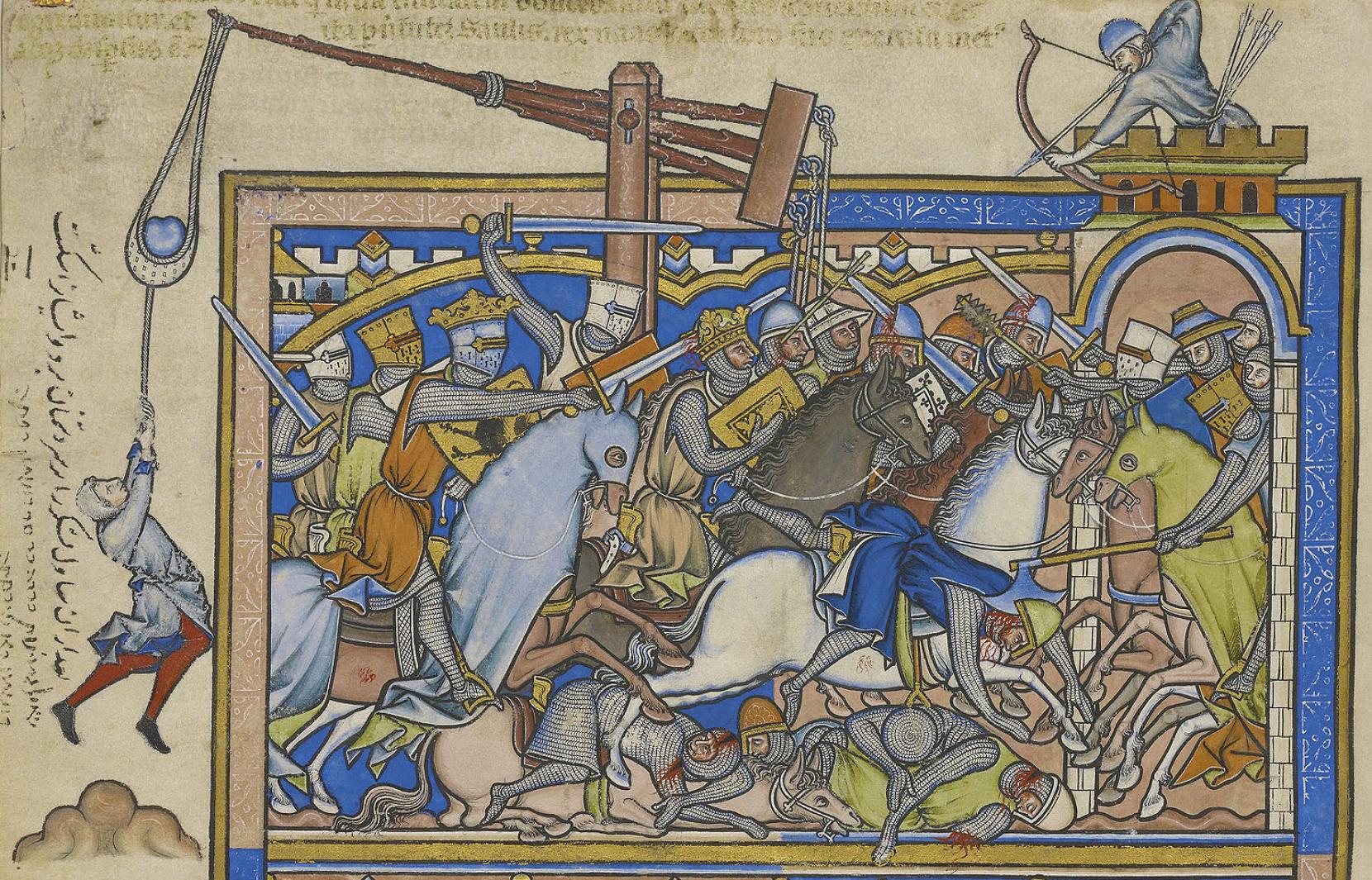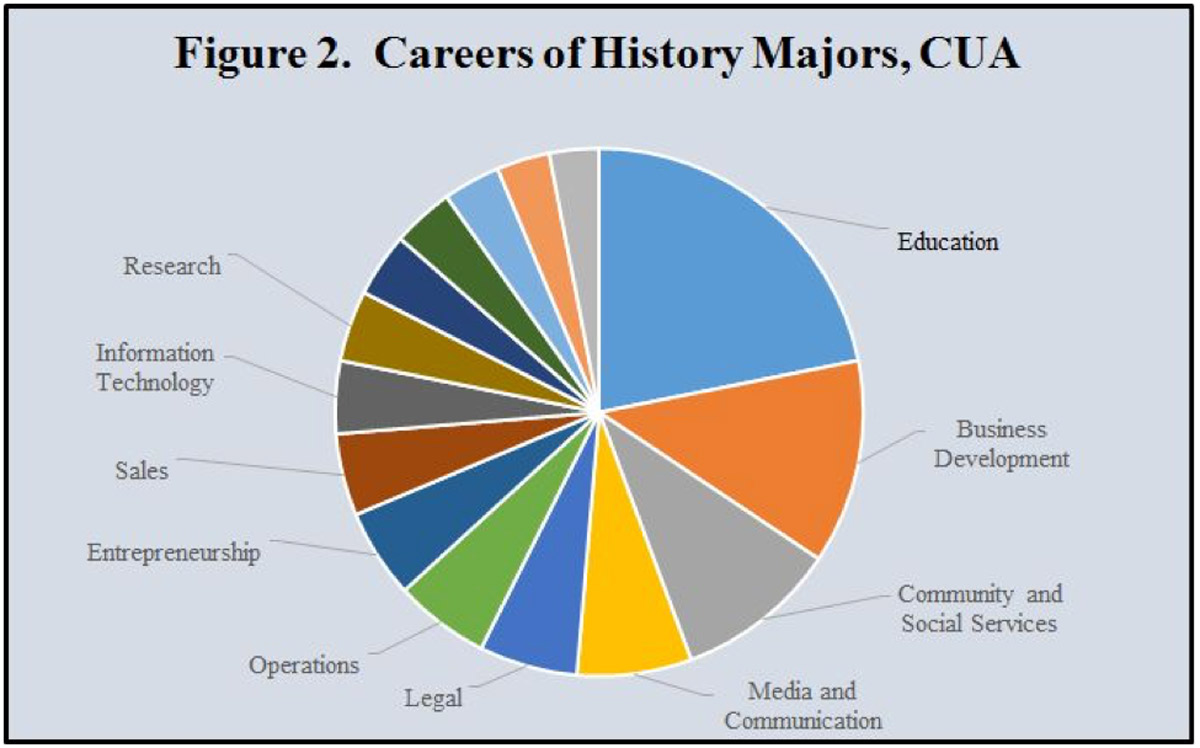Studying history (or considering it) as an undergraduate? Four takeway points:
- Studying history is about exploring the past and coming to grips with unfamiliar ideas and new perspectives, but it’s equally about mastering information, analytical thinking, and persuasive writing.
- Employers value those skills, regardless of choice of college major.
- Most history majors go on to careers in business, media, law, or other professions.
- Lifelong salary prospects for history majors are comparable to those of students who major in pre-professional fields.
Graduate degrees in history lead to a wider range of career paths than you thought:
Study of history at the master's and doctoral levels develops advanced expertise in research, analysis, and writing, and our graduate alumni work in academia, government, public history, business, and the nonprofit sector.
-

Why Study History?
In addition to telling evidence-based stories about the past, studying history means learning to think the way historians think: that means developing a wide range of critical skills.
Learn More -

Career Paths for History Majors
History builds the foundation for multiple career paths. If you imagine yourself eventually working in a field that might benefit from multiple skillsets, majoring in history is a great jumping-off point for a broad liberal arts education. Where can you go in history? Almost anywhere!
Learn More -

Graduate Career Outcomes
The career placement record of the department's doctoral and master's programs closely tracks those of departments at Carnegie R1- and R2-ranked institutions.
Graduate Career Outcomes

